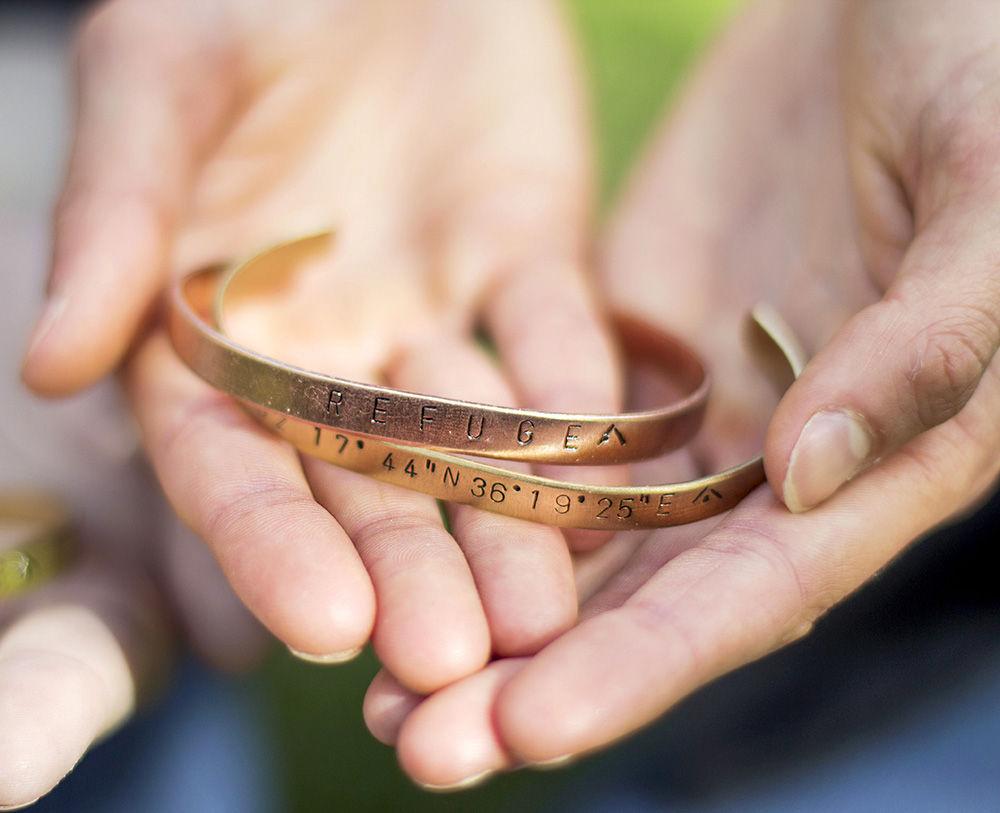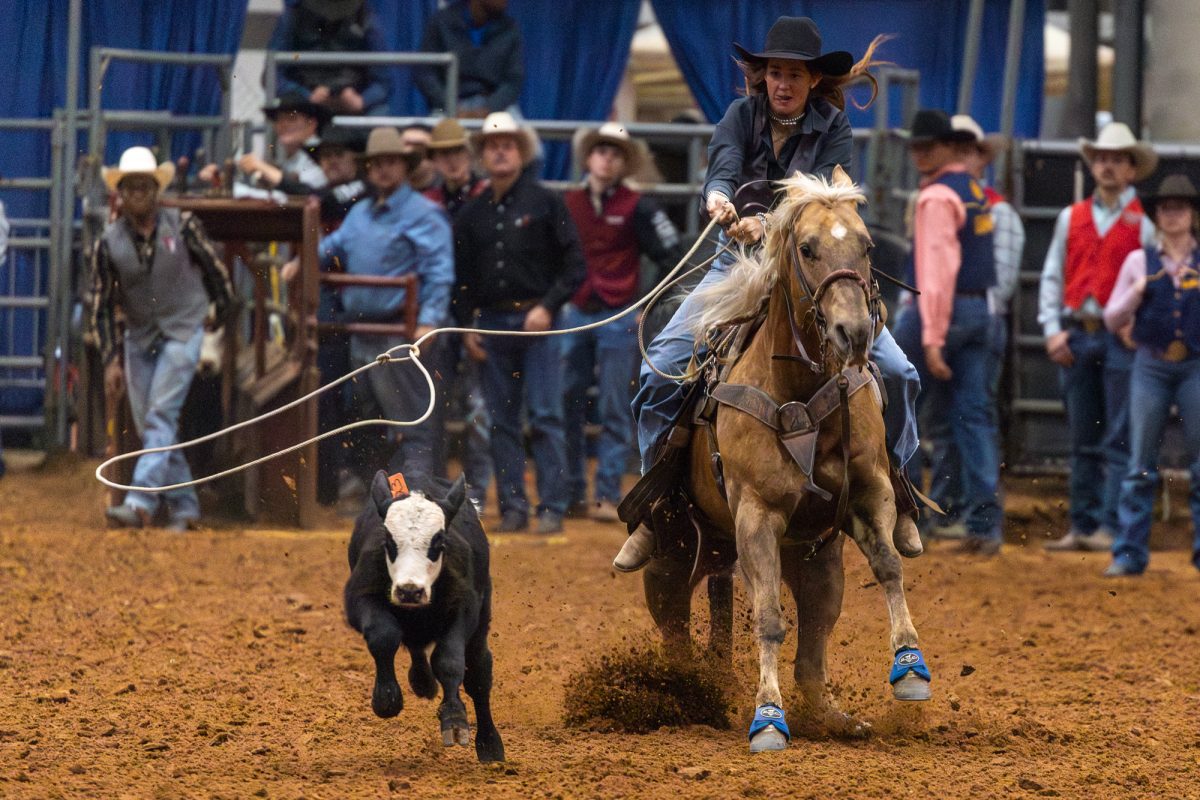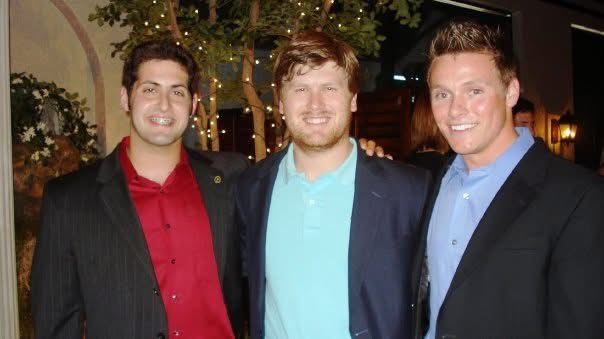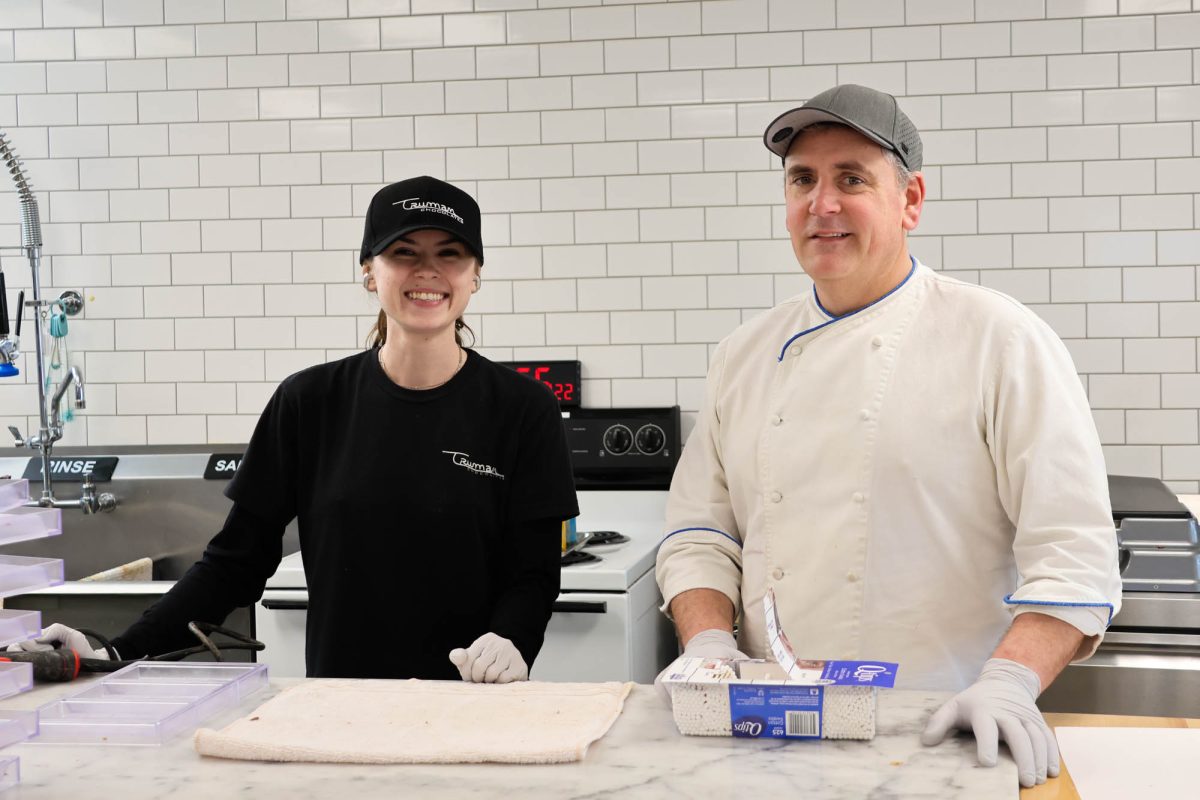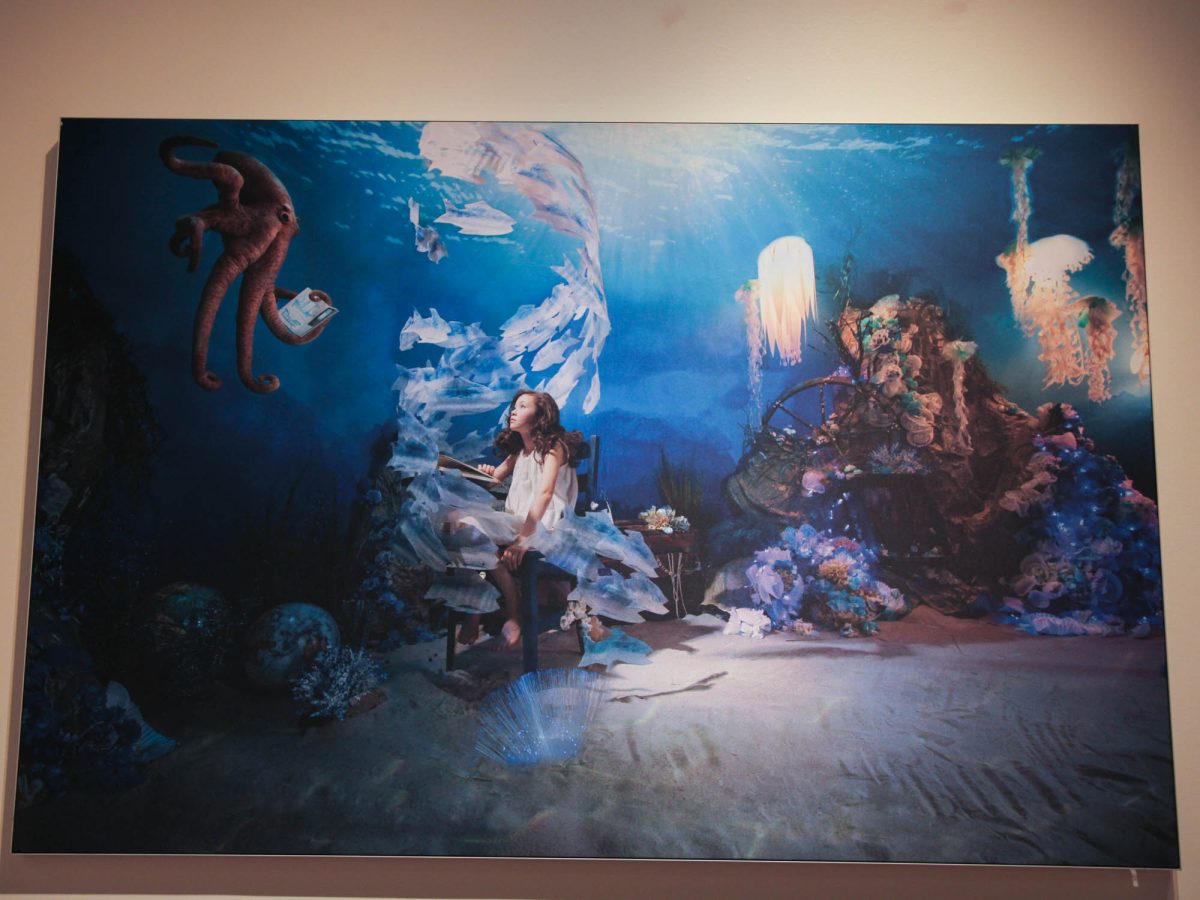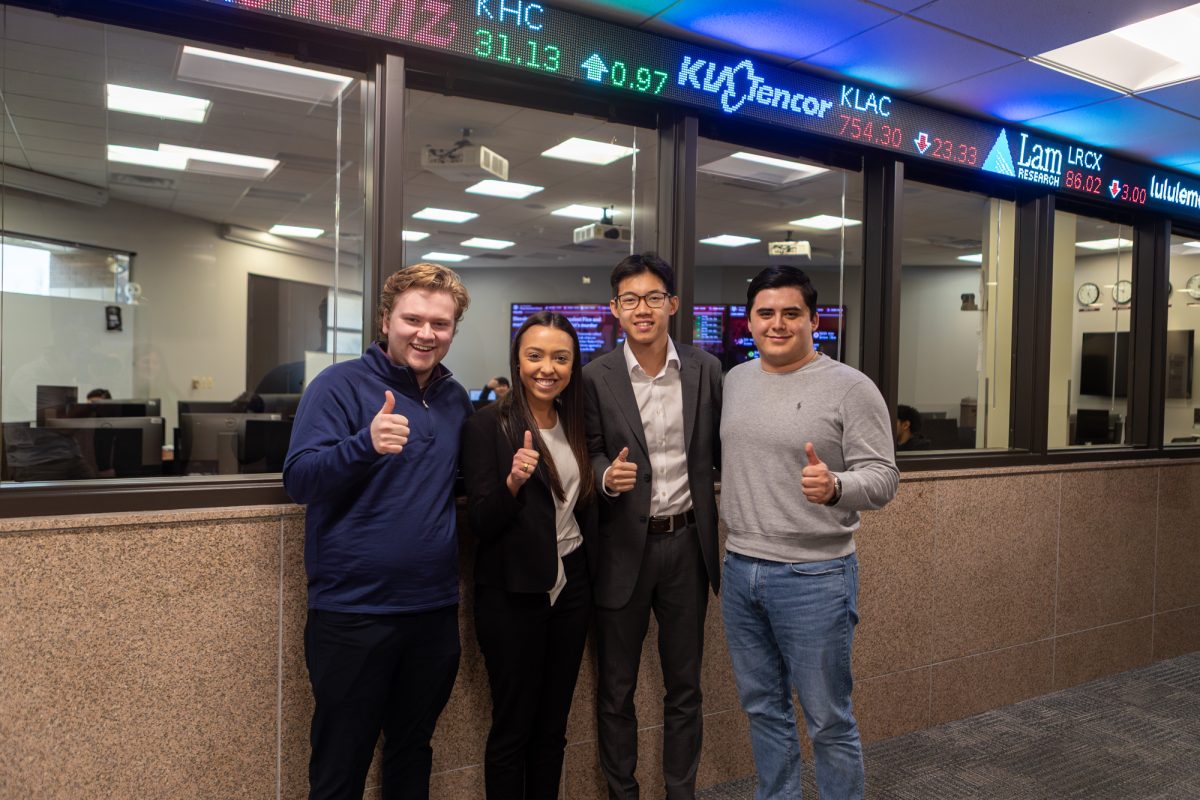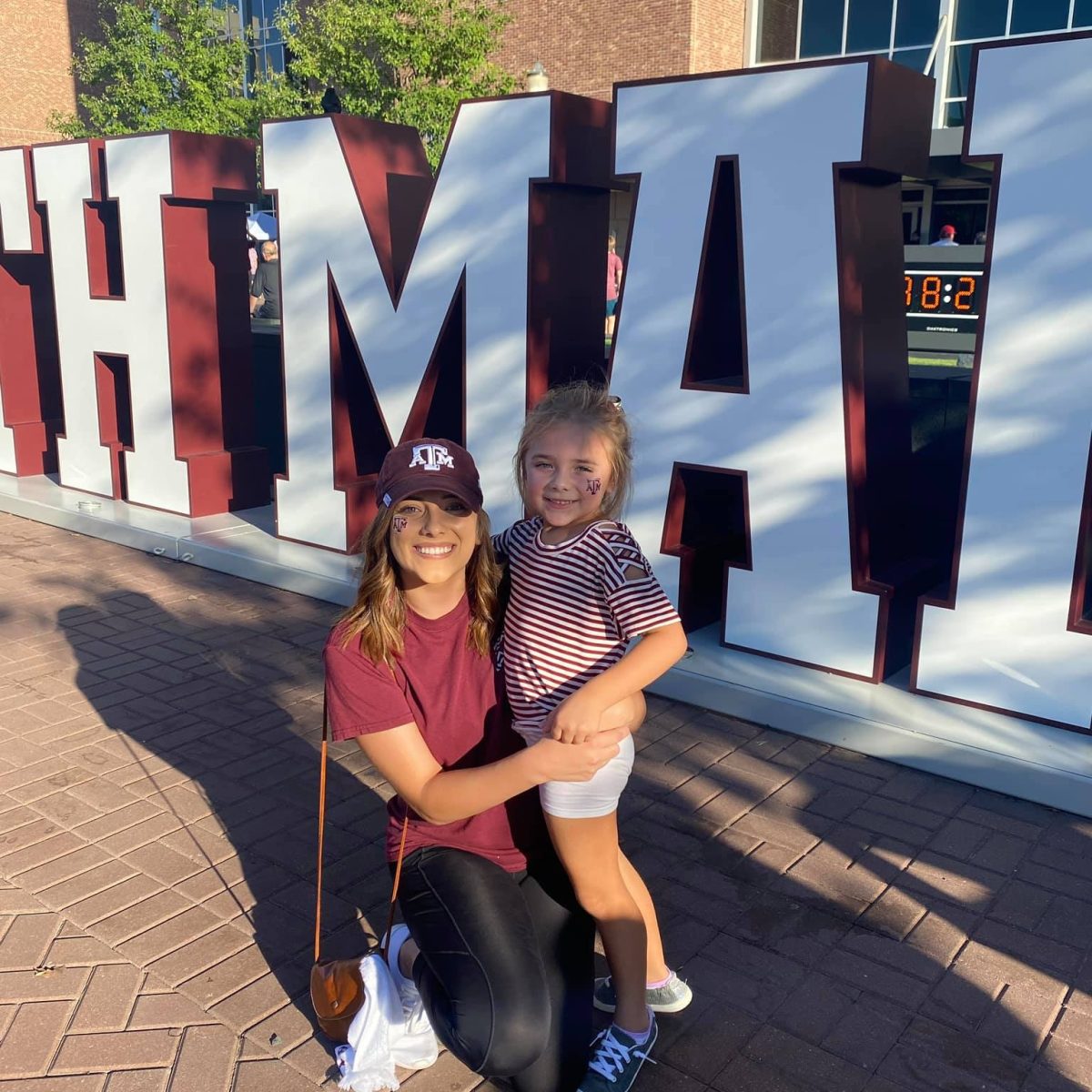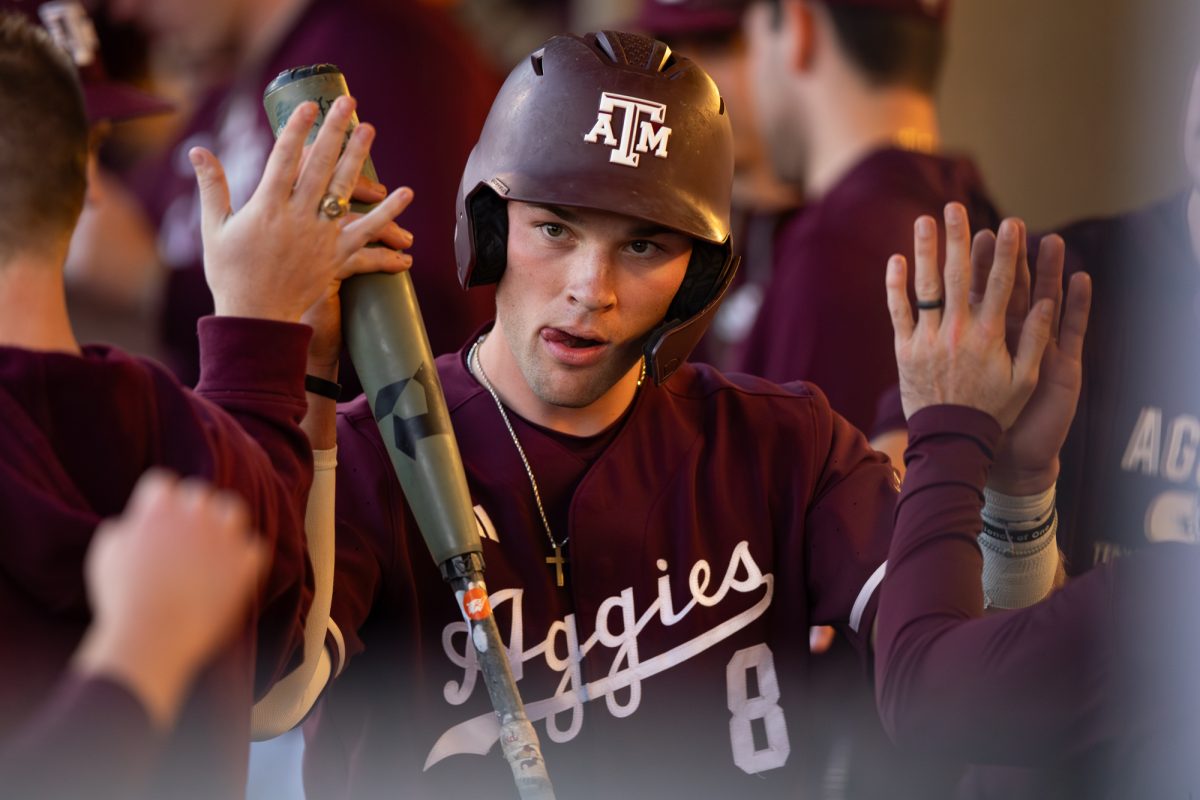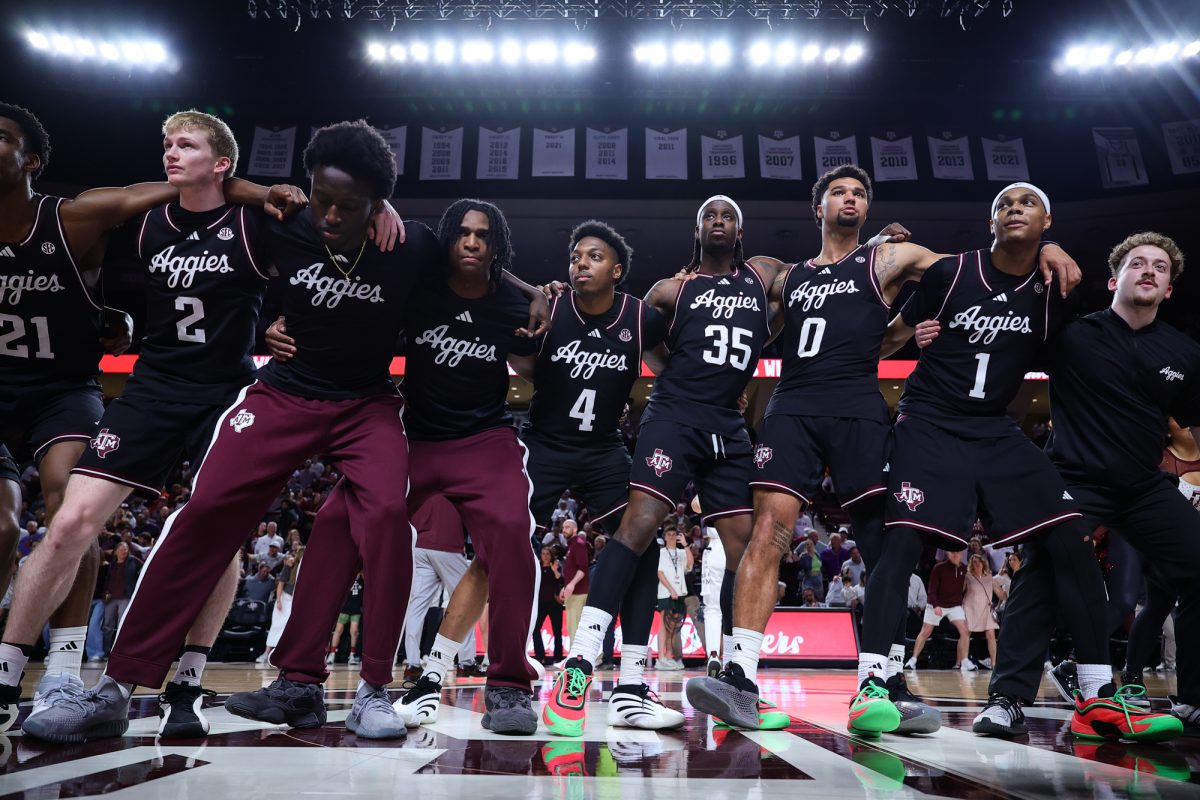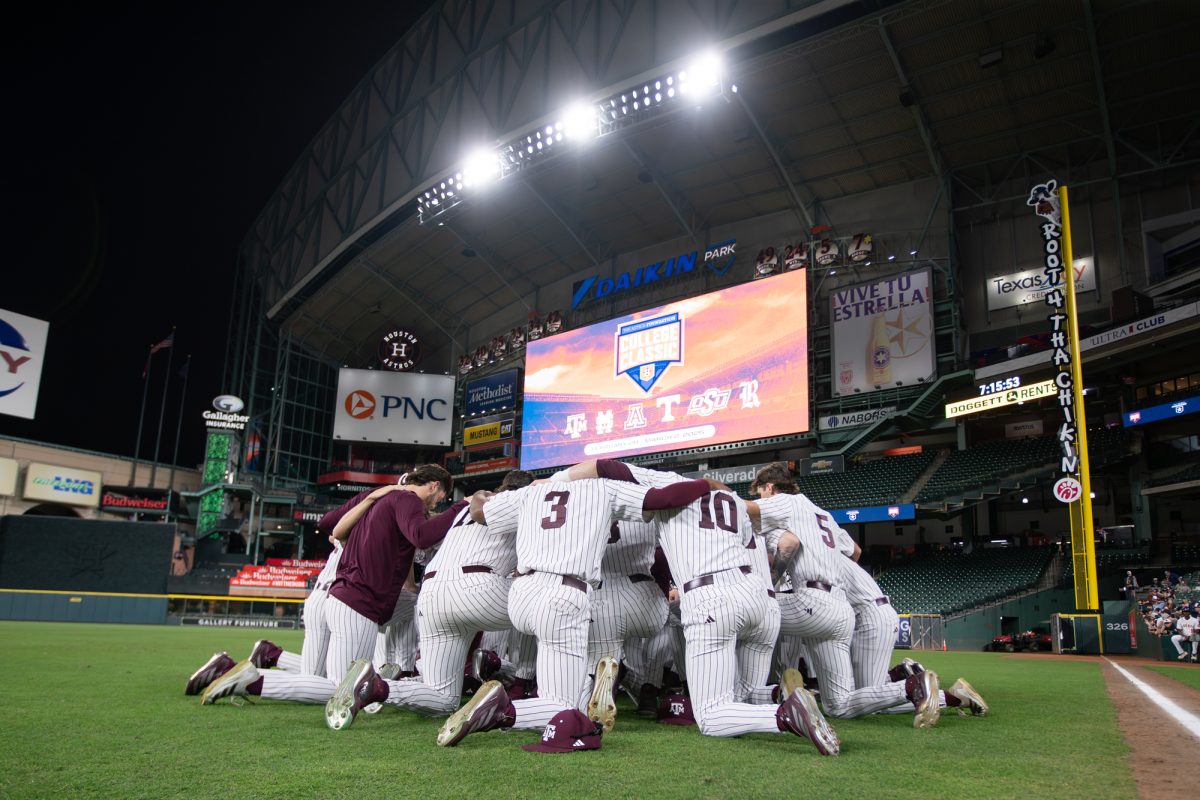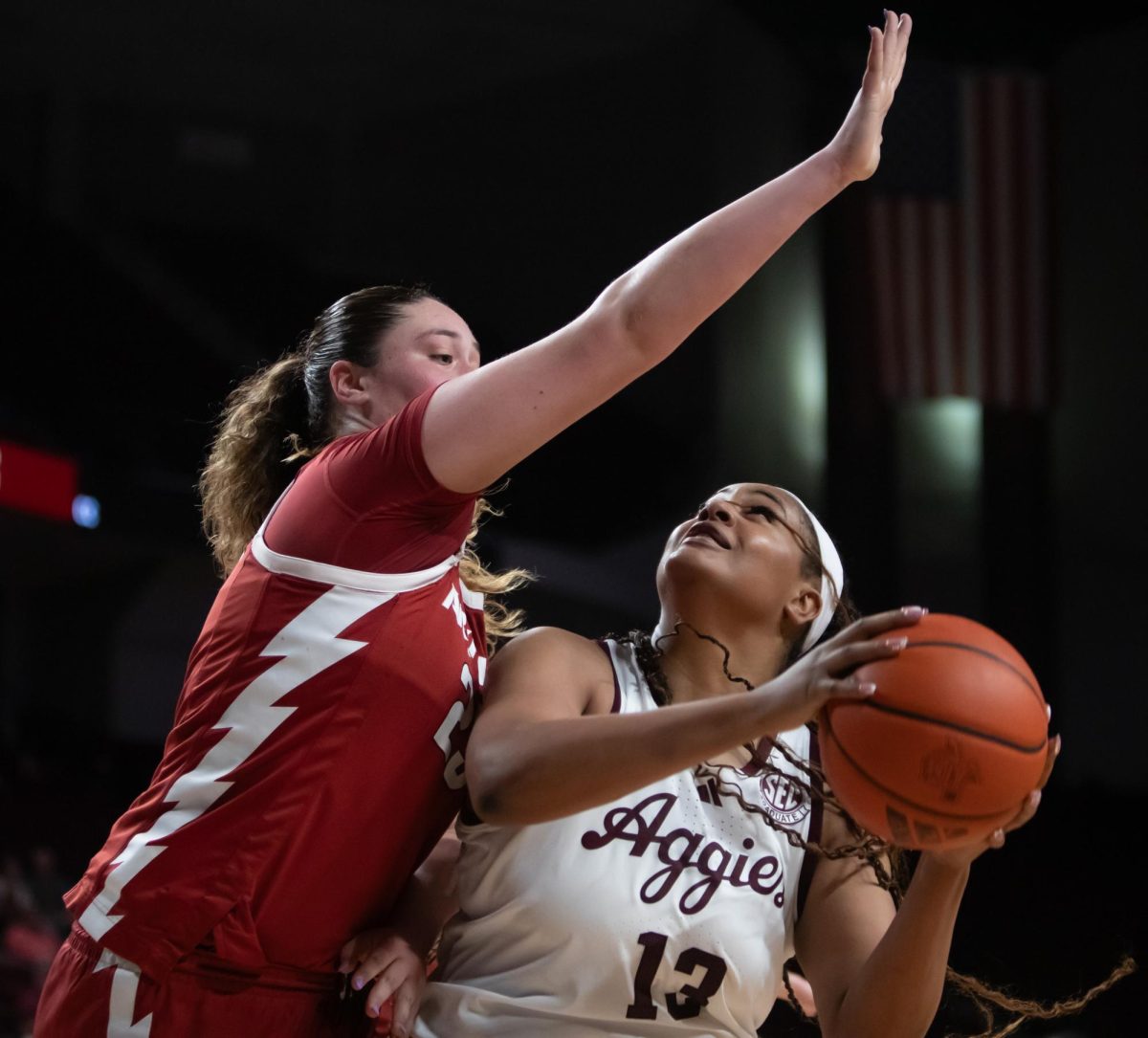For two A&M students, breaking the cycle of poverty in developing countries starts with copper wristbands.
According to a research study done by the United Nation’s educational, scientific and cultural body, 86 percent of all refugees migrate to developing countries. In those countries, one out of four children is illiterate. They can’t read, they can’t write and the inadequacy of their education guarantees a difficult future.
In response to this, students supported by Startup Aggieland work to fund education for refugees all around the world.
“Refuge,” founded by international studies junior Andrea Batarse and international studies senior Lexi Carley, supports refugee education with handmade bracelets, promising the proceeds from every bracelet sold are donated to UNICEF, which then provides one month of education for a refugee.
“Back in 2014, we, two fresh Texas A&M undergrads, were inspired by the stories of the refugees we worked with, along with our organization MSC Freshmen Leadership International,” Batarse said. “We were shocked listening to the stories of those who had fled their homes and arrived in the U.S. with hardly an education or skills. Their perseverance to thrive and create their own future inspired us to help pave a way.”
The bracelets, each taking about a week to make, are sealed to prevent oxidation and tarnish. This process also guarantees their longevity.
“We purchase blank, pre-cut copper bands, stamp, antique, shape and then seal each bracelets completely by hand and made by just the two of us,” Batarse said. “They’re actually really fun to make, but our roomies might not think so. The hammer necessary to make the indentation makes a really loud sound. We like to think we hand-Picasso these bad boys.”
The duo, who provided 40 children education for three months in the first two weeks of operation, credit Startup Aggieland for much of their success.
“Startup Aggieland has had a monumental impact on our success,” Batarse said. “They have provided us with mentors who advise us daily and give us access to resources we would otherwise not have.”
While the two have consistently focused on empowering refugees, Carley said they went back and forth on how to accomplish this goal multiple times.
“We like to think that with each change in idea, rather than scrap the idea completely, we save it for later,” Carley said. “So, we’ve learned to write everything down, big or small, you know, just in case. From programs to shoes to shirts to backpacks, we made bracelets. We never imagined we would be transforming little strips of copper into our new favorite jewelry, but we love it.”
Burl Haigwood, the group’s mentor and director of public affairs at the BCS Chamber of Commerce, said his goal with the Refuge team is to be a coach and offer his expertise.
“To use my business experience to accelerate their learning process and the development of their business plan — to the point of execution,” Haigwood said. “I listen, ask questions and guide them towards a particular business goal or understanding so they can experience learning. They have to understand and own their decisions.”
Brooke Wooten, student fellows coordinator for Startup Aggieland and friend of Refuge founders, said she sees promise in the Refuge project.
“When they first started they were criticized greatly and have pivoted a lot since their starting point,” Wooten said. “Watching them grow has been incredible and I’m excited to see the fruits of their labor.”




